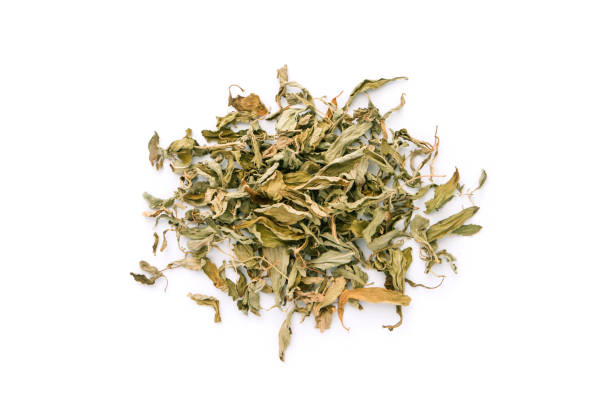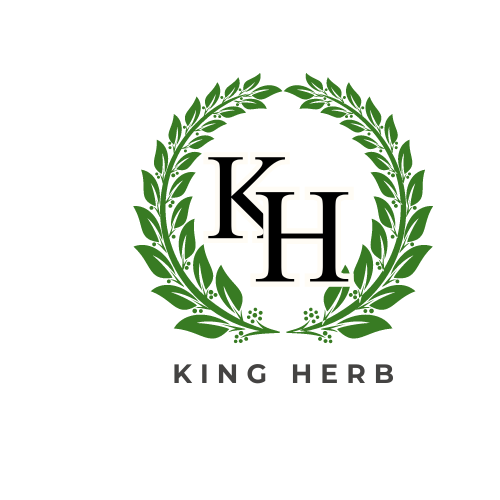استيڤيا Stevia
Common Names: Stevia, sugar bush
Scientific Name: Stevia rebaudiana. It is a semi-tropical plant used to produce low-calorie sugar.
Type: Leaves.
Classification and Botanical Family
Stevia is primarily grown in regions of South America, especially Paraguay and Brazil, where its traditional use dates back centuries. This plant belongs to the Asteraceae family and is scientifically known as Stevia rebaudiana. Most commercial Stevia products are derived from the leaves of this plant.
Natural Characteristics of Stevia
Stevia is characterized by its leaves, which contain compounds called steviosides and steviol glycosides, responsible for its sweet taste. These compounds are the primary reason Stevia can sweeten food and drinks naturally. Additionally, Stevia contains virtually no calories, making it an ideal choice for individuals managing weight or blood sugar levels.
Benefits:
Stevia has been used in traditional medicine for centuries, and many people believe it provides various health benefits that enhance overall well-being. Some of the most notable benefits include:
Blood Sugar Regulation
Stevia is considered an excellent option for individuals with diabetes or those looking to reduce sugar intake. Some studies suggest that Stevia may help improve blood sugar levels by enhancing insulin response and reducing post-meal blood sugar spikes.
No Weight Gain
Since Stevia contains virtually no calories, it is an excellent sugar alternative for people trying to lose or maintain their weight. Using Stevia as a sweetener can help reduce overall calorie intake.
Improving Dental Health
Unlike sugar, which can cause tooth decay, Stevia is believed not to harm dental health. In fact, some studies suggest that Stevia may help prevent the growth of harmful bacteria in the mouth, contributing to better oral health.
Antioxidant and Anti-inflammatory Properties
Stevia contains compounds with antioxidant and anti-inflammatory properties. These properties may help reduce damage caused by free radicals in the body, potentially lowering the risk of chronic diseases such as heart disease and cancer.
Helps Lower Blood Pressure
Some studies have suggested that Stevia may help reduce blood pressure in individuals with hypertension, making it a useful option for improving heart health.
Uses:
Stevia is primarily used as a sugar substitute in sweetening food and beverages. It can be found in several forms, such as:
Stevia Powder: Used to sweeten beverages or baked goods.
Liquid Extract: Added to drinks or food for sweetness.
Tablets: Used to reduce sugar in drinks like tea and coffee.
Stevia is now available in many commercial products such as sugar-free energy drinks, sugar-free sweets, and various dietary supplements.
Side Effects and Precautions
While Stevia is generally considered safe when consumed in moderate amounts, some individuals may experience an allergic reaction or digestive issues such as bloating or gas when consuming large quantities.
It is also important to choose Stevia products from reputable companies, as some commercial products may contain additives like sugar alcohols or artificial sweeteners that may not be as healthy.
Export Details to All Parts of the World:
Drying: Natural.
Packaging: Cartons and bags.
Package Weight: As per customer request.
Container: 40-foot container.
Sorting and Packaging: Automated.
Origin: Egypt.

